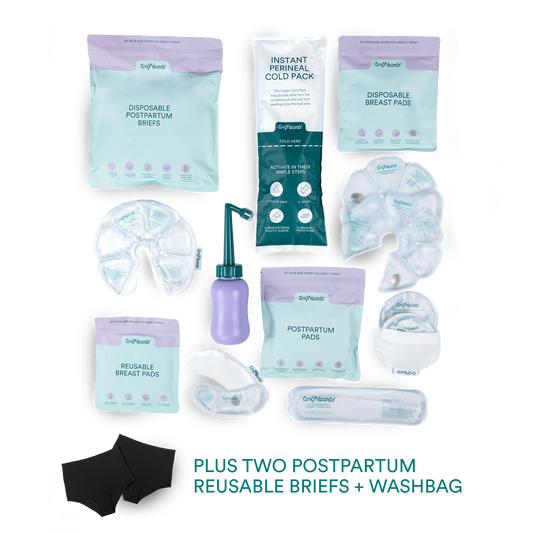Walking pneumonia. Atypical pneumonia. However you put it, this type of pneumonia infection has been on the rise in recent months according to the Department of Health, particularly in children and adolescents with a reported increase in emergency department presentations.
About mycoplasma pneumonia
This type of infection is caused by the mycoplasma pneumoniae bacteria and will present itself as a chest infection or pneumonia (infection of the lung). This bacteria acts a little differently to other pneumonia-causing bacteria. For this reason, it can be challenging when trying to find a diagnosis. Luckily, mycoplasma pneumoniae infections are often mild. Macrolide antibiotics will usually be prescribed for approximately 5-10 days, especially if the symptoms are severe or prolonged. Some people can become sick enough to require hospital treatment for supportive therapy such as oxygen therapy. Currently, there is no vaccine available for mycoplasma pneumonia.
How is it spread?
🤧 Small droplets from coughing or sneezing
🖍️ In close community settings such as child care and school
☔ Increase in cases during the colder months
How can we prevent the spread?
😷 Cover your mouth when coughing and sneezing
👐 Good hand hygiene
Who can get it?
All ages are at risk but it is more common in young adults and school-aged children.
Signs and symptoms
Mycoplasma pneumonia often manifests with symptoms similar to those of other respiratory infections, making it challenging to diagnose based on symptoms alone.
Children under the age of 5 may present with the below symptoms:
- Sneezing
- A stuffy or runny nose
- Watery eyes
- Wheezing
- Vomiting or diarrhoea
These symptoms typically develop gradually over several days to weeks and can vary in severity from mild to severe.
Diagnosis
Mycoplasma pneumonia must be recognised early for appropriate management to minimise complications and encourage recovery. Testing is often necessary to confirm a diagnosis. Most commonly testing will include a PCR (nasal swab, think covid swabs!). Other testing may include blood tests and chest x-ray.
Treatment
In addition to antibiotic therapy, supportive measures such as adequate hydration, rest, and fever control are essential for symptom relief and optimal recovery. Most patients with uncomplicated mycoplasma pneumonia experience a gradual resolution of symptoms within a few weeks.
🚩 So, do you know when to seek medical advice and attention?
Our Tiny Hearts First Aid course ensures that you are prepared to take action when your little one is waving those red flags 🚩! A refresher course each year is a great way to get ready for the Wintertime sick season.







